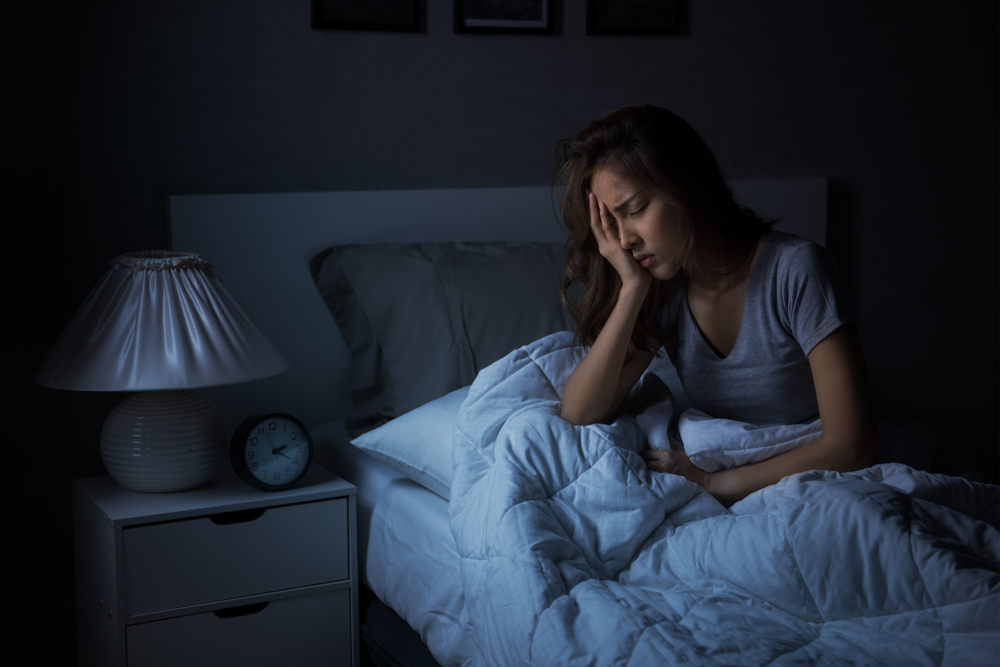Getting adequate and good sleep is vital for a healthy brain and overall body functioning. Also it necessary for the development of young and adult age.
Recent research indicates a link between poor sleep and muscle dysmorphia, a fast-growing problem among the young people.
This specific research study was published in the journal, Sleep Health, with more than 900 youths and young adults interviewed. Over the course of two weeks, those with higher symptoms of muscular dysmorphia reported sleeping for shorter periods of time and had difficulty falling or staying asleep.
Lead author Kyle T. Ganson, PhD, MSW, an assistant professor at the University of Toronto's Factor-Inwentash Faculty of Social Work, pointed out that "inadequate sleep can have significant negative impacts for adolescents and young adults, including increased negative mental health symptoms".
"Poor sleep among those who experience muscle dysmorphia symptoms is concerning as it may exacerbate the functional and social impairment these individuals commonly report, as well as increase suicidal thoughts and behaviours."
It is a point of concern, according to earlier studies. Past studies indicate that teenagers and young adults are sleeping less at night than the recommended seven to 10 hours.
Numerous studies have also revealed that poor sleep is linked to feelings of anxiety, sadness, and schizophrenia and is a marker for mental health disorders. The study by Ganson and his associates is the first to look at the connection between sleep and muscular dysmorphia.
According to the study’s author, there might be a variety of pathways linking the symptomatology of increased muscular dysmorphia with inadequate sleep. People who, for instance, have a higher threshold for physical appearance, obsessive thought patterns and body and muscle anxiety may find it quite difficult to fall asleep.
Additionally, some people physical activity might take the role of sleep, such as when they work out in the evening to avoid conflict with their job related responsibilities.
"Individuals experiencing symptoms of muscle dysmorphia may be more likely to use and consume dietary supplements that are marketed for improving workouts, increasing muscle mass, and accelerating muscle recovery," said Ganson.
"These products tend to have high levels of caffeine or other stimulants, which may negatively impact sleep. In addition, anabolic-androgenic steroids, which are commonly used among people with muscle dysmorphia, have also been shown to negatively impact sleep."


























